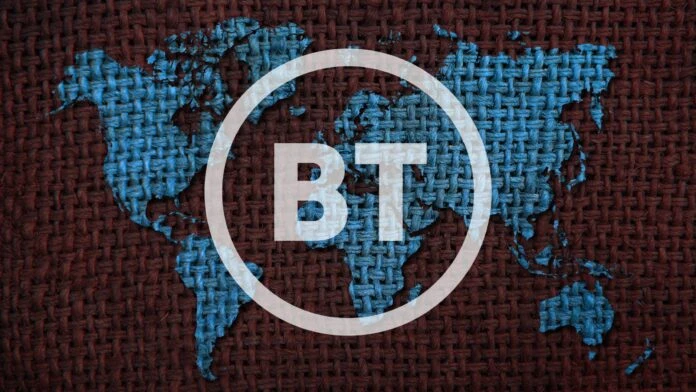
By James Blackman October 1, 2024
Collected at: https://www.rcrwireless.com/20241001/enterprise/bt-switches-on-local-connectivity-and-compute-platform-for-global-enterprises
BT has said it has “switched on” its network-as-a-service (NaaS) platform Global Fabric, following testing over the last couple of months. Commercial services will launch in early 2025, it said; live testing will continue in the interim. It has established points of presence (PoPs) in over 45 of the “world’s major cloud data centres”, it said.
The concept behind the Global Fabric service is to stitch together more-local metro edge cloud and network services for global enterprises to ‘shop’ for lower-latency compute services via local telecoms operators and data centre partners. It claimed at the end of last year to have 630 partners for local network connectivity, and 700 partners for local data centre services.
This covers the “world’s top cloud locations”, it said – including the largest public cloud providers and private cloud venues. The number, currently 45, is to increase to 140 at some point – presumably by the time of its proper launch early next year. Enterprise customers can test its management portal to play with network configurations and APIs from November.
Application programming interfaces (APIs), as per the industry’s broader move to open 5G networks, will help customers integrate connectivity into other business platforms and apps. The service footprint is designed to suit global customers’ operational, market and regulatory needs. Customers can order new PoP links to be ready for the service’s commercial launch.
The platform will work as a digital hub, says BT, for enterprises to call on local computing to fire up more advanced analytics (AI etc) services. By layering BT’s global network partners into the mix, to afford closer-edge connectivity, enterprises can also keep data compliant with local data privacy regulations, and drain less power in data processing and transit.
The pitch is that enterprises will be able to choose more appropriate, more efficient, and more secure networking and computing solutions. BT reckons its Global Fabric network will use 79 percent less electricity than its current global networks – based on forecast energy consumption of 8,326 MWh/year versus 39,890 MWh/year for existing international networks.
It talks about enterprises being better positioned to reduce Scope 3 carbon emissions. BT has a deal with US real estate investment trust Digital Realty, notably, to deploy the service in carrier neutral metro-edge cloud facilities (CNFs) around the world. Digital Realty has around 300 CNFs in 50-odd metro (city) areas in 25-ish countries on six continents.
Colin Bannon, chief technology officer at BT Business, said: “Global Fabric will help customers hit the cloud running. It will give a choice of the world’s best cloud locations to interconnect with their customers, partners, and suppliers, making them easier to do business with not just today but tomorrow too. [This is] another step to a new age of AI-ready, digital interconnectivity.”

Leave a Reply